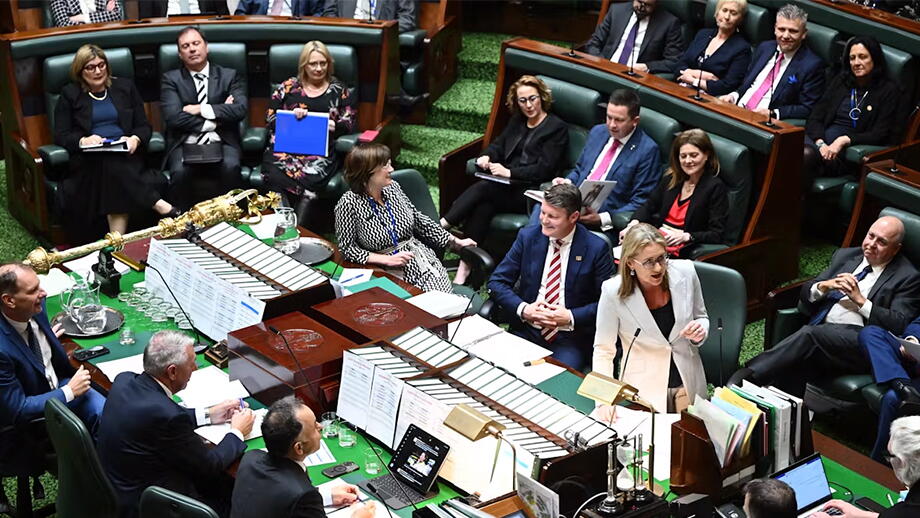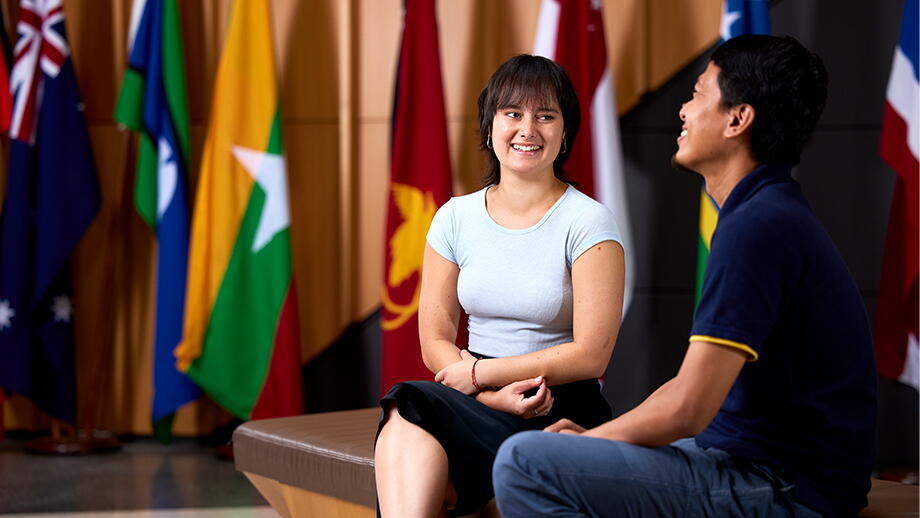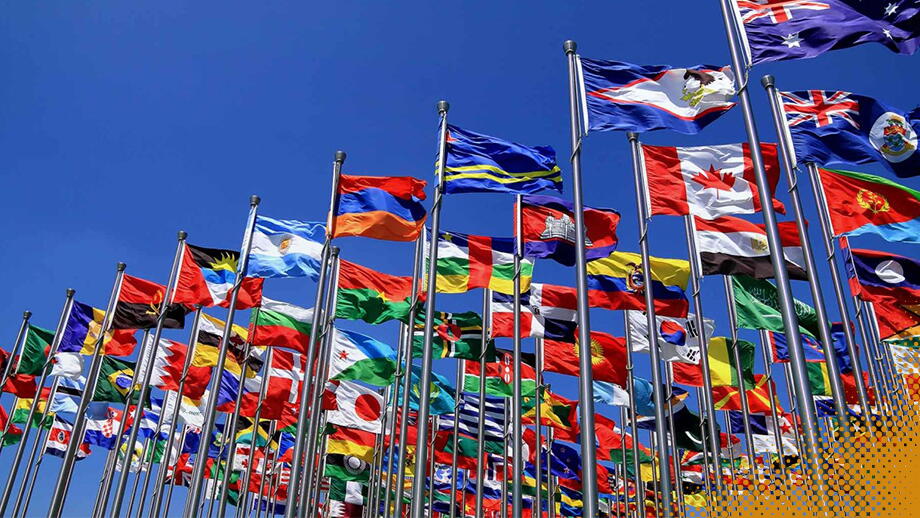In Short:
Our submission for the review of the Department of Foreign Affairs and Trade’s International Gender Equality Strategy
Key findings
For this submission we considered the key international gender priorities and the most effective approaches for achieving gender equality globally and came up with nine recommendations for the Department:
- Commit to longitudinal projects
- Take a localised approach to aid
- Focus on education
- Be targeted
- Adopt an ongoing learning approach
- Develop ongoing training
- Commit to gender parity abroad
- Fix systems, not women
- Take an intersectional approach
In February 2025, the Department of Foreign Affairs and Trade (DFAT) launched its new International Gender Equality Strategy. Learn more about how our recommendations in this submission directly shaped the strategy here.
Contact
Elise Stephenson
Deputy Director
Climate change, Intersectionality & identity, Politics & international affairs, The space sector, Youth engagement
Shaping Australia’s international gender equality strategy
How our recommendations have helped to directly shape DFAT's new International Gender Equality Strategy and pave the way for Australia to position itself as a global leader in gender equality
Learn moreYou may also like
Addressing barriers and forging pathways to women’s participation in politics
We collaborated with Women for Election (WFE) to explore what is preventing women and gender diverse Australians from greater participation in politics – particularly those from under-represented…
A fair go for all
The desire – and need – for intergenerational policymaking has never been greater. This research sought to understand the extent to which Australian voters care about longterm policymaking, whether…
Bolstering the boys club
Much of the research on gender and diplomacy to date has focused on those already let into the ‘club’ of international elites and details the impact of the exclusion of women in senior positions and…





